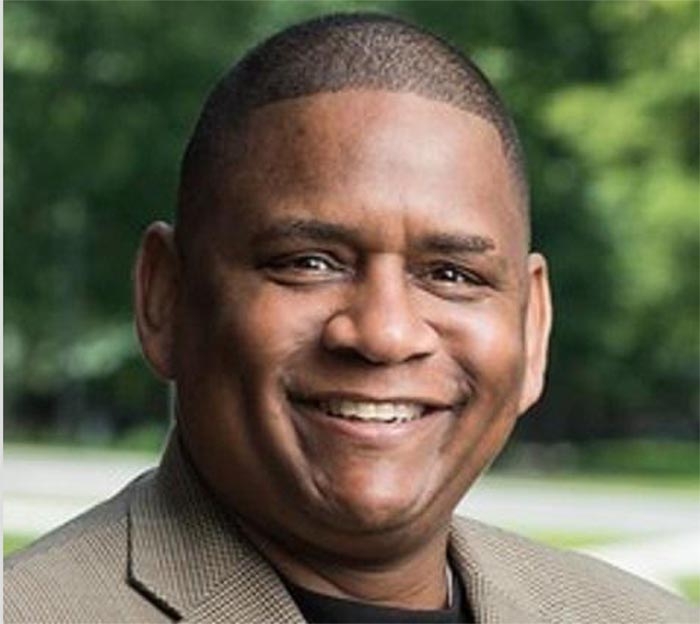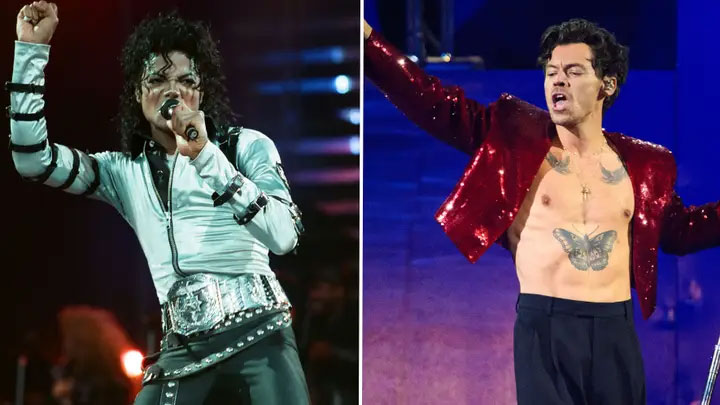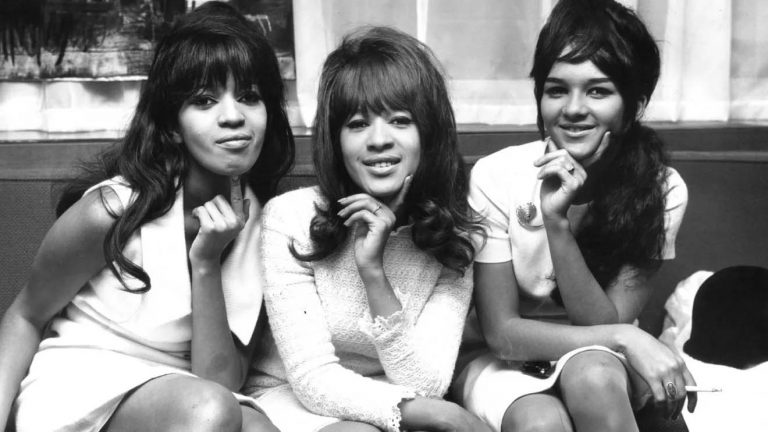
With his roommate in dire health from the coronavirus last spring, it did not take much for John Hollis to believe he would also contract the highly infectious, deadly disease. He was so concerned about what could happen that he penned a letter to his teenage son, Davis, in case “things went downhill fast,” Hollis said.
It turned out that Hollis unknowingly already had Covid-19 and may have unwittingly infected his roommate.
Hollis, the communications manager at George Mason University in Fairfax, Virginia, learned in July that he fell into a rare category of people whose blood could help scientists understand Covid-19 and potentially treat those who fall ill.
Covid-19, it seems, cannot harm him, said Dr. Lance Liotta, a George Mason University pathologist and bioengineer who is leading the school’s clinical trials on antibodies.
Hollis, 54, a former journalist, learned that his blood is fortified with so-called super antibodies — antibodies that neutralize the virus, which, even when diluted 10,000 times, still resists Covid-19, Liotta said.
It is a medical phenomenon found in less than 5 percent of the population who have contracted the coronavirus, a study indicates, making Hollis and his blood valuable resources in identifying potential treatments for Covid-19, Liotta said.
“Through John and others, we have been propelled into exciting new science,” Liotta said. “Learning about his antibodies offers us new ways to fight Covid.”
Read the full story at NBC News.





